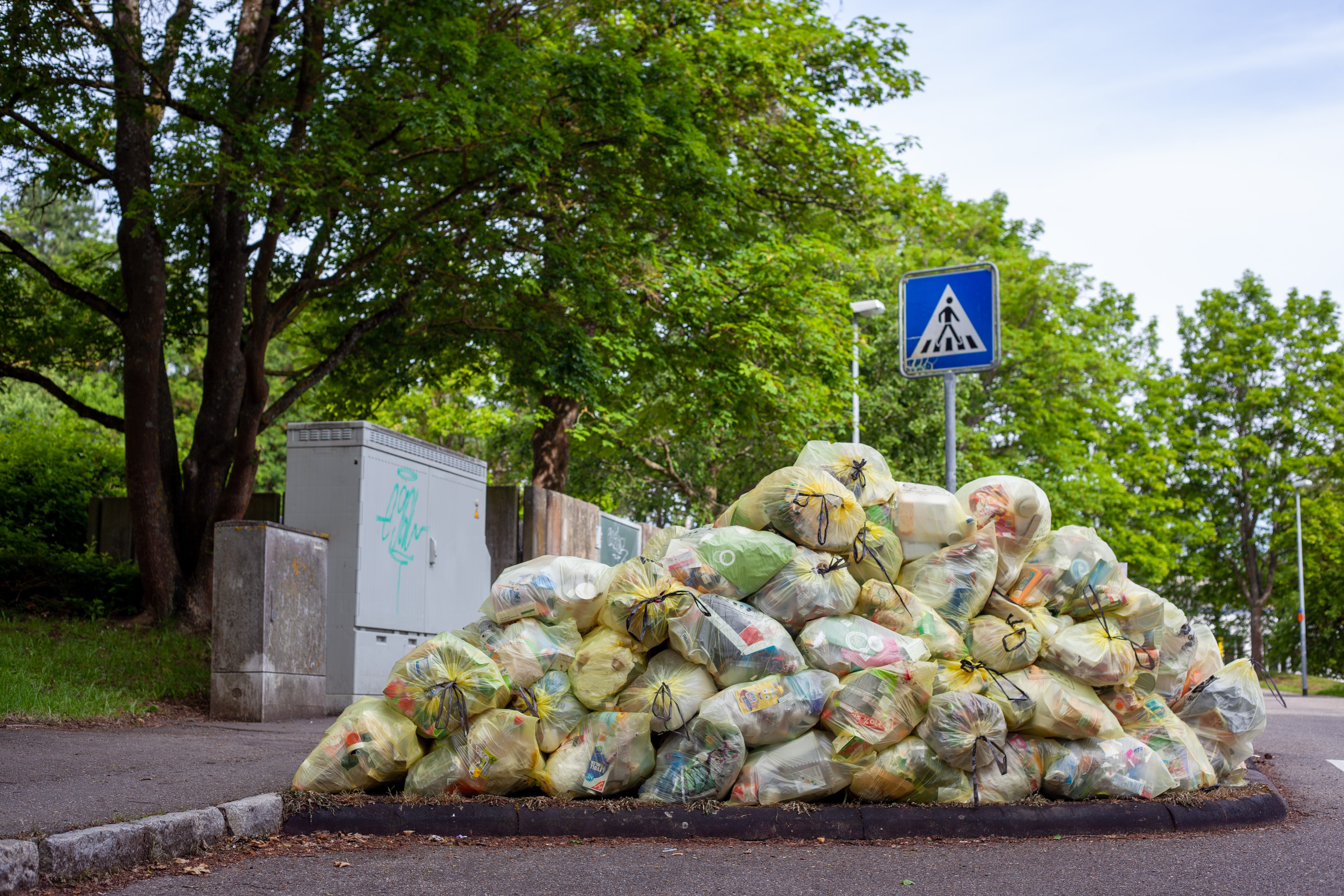Why do we have to tackle the food waste problem?
The health of people and the environment is significantly impacted by our global food systems. Agriculture has been identified as the threat to 24,000 of the 28,000 species (more than 86%) at risk of extinction, as well as being responsible for up to one-third of human-linked greenhouse gas emissions. They are also responsible for extracting 70% of the water from nature. The Food Waste Index Report 2021 from the United Nations Environment Programme (UNEP) estimates that 1 billion tonnes of food are wasted annually throughout the world. Unbelievably, one-third of the food that is produced worldwide is lost or squandered. It is increasingly impossible to ignore the data. Reforming our food systems is essential for addressing the global crises of climate change, biodiversity loss, pollution, and waste.

Photo from @Jasmin Sessler
What is food waste?
Food that is thrown out or lost uneaten is referred to as food waste or food loss. Not only does the food itself go to waste, but also all of the resources necessary to produce it, including labor, land, and water.
Chain of food waste
- During the food production process, 32% of the world’s food is lost due to social demands good looking fruits and vegetables.
- Handling faults can have an impact on the product’s quality during the stages of handling, processing, and storage, in order to meet the requirements of the producer in order to be marketed.
- The last step is when food is delivered to stores and supermarkets to be sold to customers. Food has a finite shelf life, therefore waste occurs here. The date labeling on the products, which can be uneven and unclear, determines the longevity.
Why should food loss and waste be minimized?
- If our food systems are not sustainable, they cannot be resilient.
We must prioritize the implementation of integrated strategies intended to lower food loss and waste since our food systems cannot be resilient if they are not sustainable. To make the most of the food we produce, both global and local action is needed. Implementing this radical transition will depend on the introduction of technologies, creative solutions (such as foldable mobile food processing systems and e-commerce platforms for marketing), new methods of working, and best practices to monitor food quality and minimize food loss and waste.
- The sustainability of our food systems is threatened by food loss and waste.
The sustainability of our food systems is threatened by food loss and waste. All of the resources—including water, land, energy, labor, and capital—that were utilized to produce the food are wasted when it is lost or wasted. Additionally, the landfilling of food waste and loss produces greenhouse gas emissions that contribute to climate change. Food security and availability can also be significantly impacted by food loss and waste, which consequently raises food prices.
To learn more…
Read from the below books to understand more about our global food waste issue!

Comments (0)